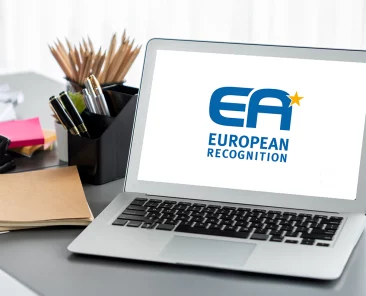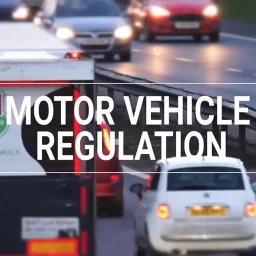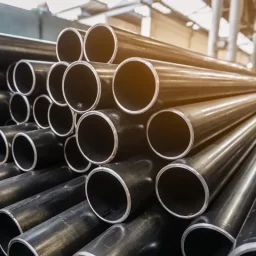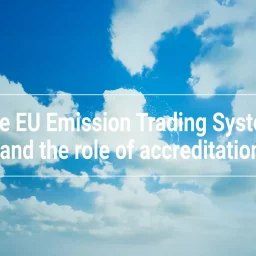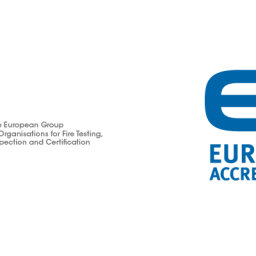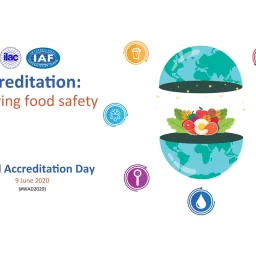The European Commission is working on an improvement of the Ecodesign Directive 2009/125/EC. This directive has a long track record of delivering benefits to businesses, consumers, and the environment. In 2021 alone, the impact of the current Ecodesign measures, covering 31 product groups, saved 120 billion euros in energy expenditure for EU consumers, leading to a 10% lower annual energy consumption by the products in scope.
But it’s not enough.
The aim is to make products on the EU market increasingly sustainable, by enabling far-reaching performance and information requirements – known as ‘ecodesign requirements’ – to be set on a wide range of them to improve their circularity, energy performance, and other environmental sustainability aspects. The new regulation shall improve the sustainability of products and products shall meet ecodesign requirements which relate to (see Article 1):
- (a) product durability and reliability;
- (b) product reusability;
- (c) product upgradability, reparability, maintenance, and refurbishment;
- (d) the presence of substances of concern in products;
- (e) product energy and resource efficiency;
- (f) recycled content in products;
- (g) product remanufacturing and recycling;
- (h) products’ carbon and environmental footprints;
- (i) products’ expected generation of waste materials.
This Regulation also establishes a digital product passport (‘product passport’), provides for the setting of mandatory green public procurement criteria, and creates a framework to prevent unsold consumer products from being destroyed.
The aim is also to align the regulation with the new legislative framework (NLF), and include accreditation according to Regulation 765/2008, notified bodies, conformity assessment procedures (modules), and CE marking. Conformity assessment activities shall not only be related to product safety but also sustainable criteria such as durability, reliability, and carbon footprint of the products. The procedures shall be set out in delegated act(s).
What does that mean for consumers?
It means that consumers will be able to use their products for a longer time, save money, and be able to repair them without changing the whole thing. It means fewer resources and energy wasted on the production of equipment destined to end up in the trash after only a few years of service, and better information about the energy consumption of each product.
A public consultation by the European Commission on new product priorities for Ecodesign for Sustainable Products is now available, in all EU languages, with a deadline for feedback on 12 May: https://environment.ec.europa.eu/news/sustainable-products-commission-consults-new-product-priorities-2023-01-31_en
The EA MLA Mark is not an ordinary mark. It is a collective European & international mark that reflects a shared commitment by all NABs signatories to the EA MLA to competence, transparency, harmonisation, and the specific role and value of the European Accreditation system.
The EA MLA Mark is not an ordinary mark. It is a collective European & international mark that reflects a shared commitment by all NABs signatories to the EA MLA to competence, transparency, harmonisation, and the specific role and value of the European Accreditation system.


